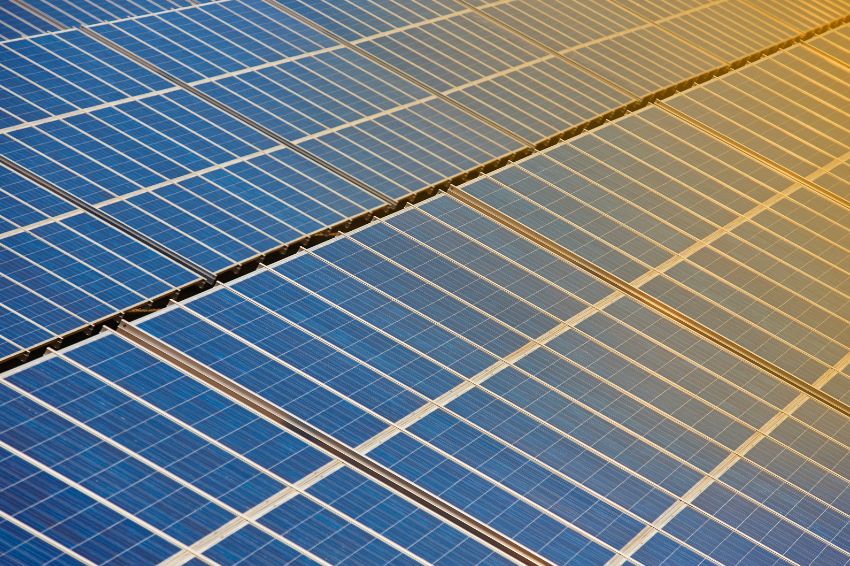On November 29, 2023, the Chamber of Deputies approved, by 403 votes to 16, the final wording of Bill No. 11,247/2018 (“PL No. 11,247/2018” or “PL”), which was sent to the Federal Senate, on December 7, 2023.
Among the objectives of PL No. 11,247/2018, the main one is to regulate a regulatory framework for the production of energy from renewable sources on the high seas – “wind offshore”, with the aim of increasing the exploration of renewable sources of the potential of the Brazilian energy matrix.
However, in addition to its wording dealing with the energy potential offshore, the PL also deals with other topics concerning the energy sector, such as natural gas, coal-fired thermal plants and renewable sources.
At this point, among the matters proposed, to the free market, is the extension of the deadline for completing renewable source projects, with the discount remaining on the wire - the PL aims to add 36 (thirty-six) months to the 48 (forty-eight) month. ) months for the entry into operation of the generating units, maintaining the right to the reduction percentages of 50% (fifty percent) applied to the Tariffs for Use of the Transmission and Distribution System (TUST and TUSD).
Still, dAmong the recently approved changes are those that intend to alter the provisions of Law No. 14,300, of January 6, 2022, which establishes the legal framework for microgeneration and distributed minigeneration (“MMGD”), the Electric Energy Compensation System (SCEE ) and the Social Renewable Energy Program (PERS).
The first novelty is regarding the change in the start deadline for the injection of energy for enterprises that have filed a request for access with the distributor within 12 (twelve) months from the publication of Law No. 14,300/2022 – until January 7th 2023. Thus, what was previously counted from the date of issuance of the access opinion is now from the date of signature of the Distribution System Use Contract (“CUSD”), bringing greater security to the distribution segment. Distributed generation.
This is because the distributor is obliged to deliver the CUSD to the consumer and other users within 5 working days, counting from the request and, once received, they have up to 30 (thirty) calendar days to sign and deliver it. to the distributor, in accordance with the provisions of arts. 84 and 85 of ANEEL Normative Resolution No. 1,000/2021 (“REN No. 1,000/2021”). Therefore, considering that the start date for the energy injection will be counted from the signing of the CUSD, it is certain that interested parties will have an additional period of security to proceed with the energy injection without causing any delay.
Furthermore, given its importance, the matter regarding connection deadlines in distribution networks was recently discussed by ANEEL and other sector agents at the event “Round Table: Challenges of Distributed Micro and Minigeneration”, which took place on November 30, 2023, whose objective was to promote a debate on the challenges of MMGD in Brazil.
Furthermore, with regard to solar source mini-generators, the proposal is that the deadline for energy injection is 24 (twenty-four) months, counting from the signing of the CUSD, and no more than 12 (twelve) months, as applied to other renewable sources. Therefore, the extension allows agents to better organize themselves for structuring MMGD projects.
Therefore, it is certain that the PL No. 11,247/2018 brought several new features designed to benefit the implementation of photovoltaic power plants, taking into account the difficulties presented by entrepreneurs in completing the works and putting the solar parks into operation, considering the deadlines set out in REN no. 1,000/2021.
The topic must be monitored until its approval and subsequent sanction of the new legislation to correctly assess the impacts and any new deadlines applicable for the development of projects.
1- The forecast is that the substitute will begin to be analyzed in 2024 and, if approved, it will be forwarded to the Presidency of the Republic and, once the President's agreement and consent is expressed, the PL will be sanctioned and its wording promulgated and published.
2 – The period of 48 (forty-eight) months is provided for in items I and II of § 1º-C of Law No. 9,427, of December 26, 1996, which establishes the National Electric Energy Agency – ANEEL, governs the concession regime of public electricity services and other measures.
3 – Video of the meeting, via the link: https://www.youtube.com/watch?v=97wFIQwhOtw. Accessed on December 18, 2023.
The opinions and information expressed are the sole responsibility of the author and do not necessarily represent the official position of Canal Solar.
















